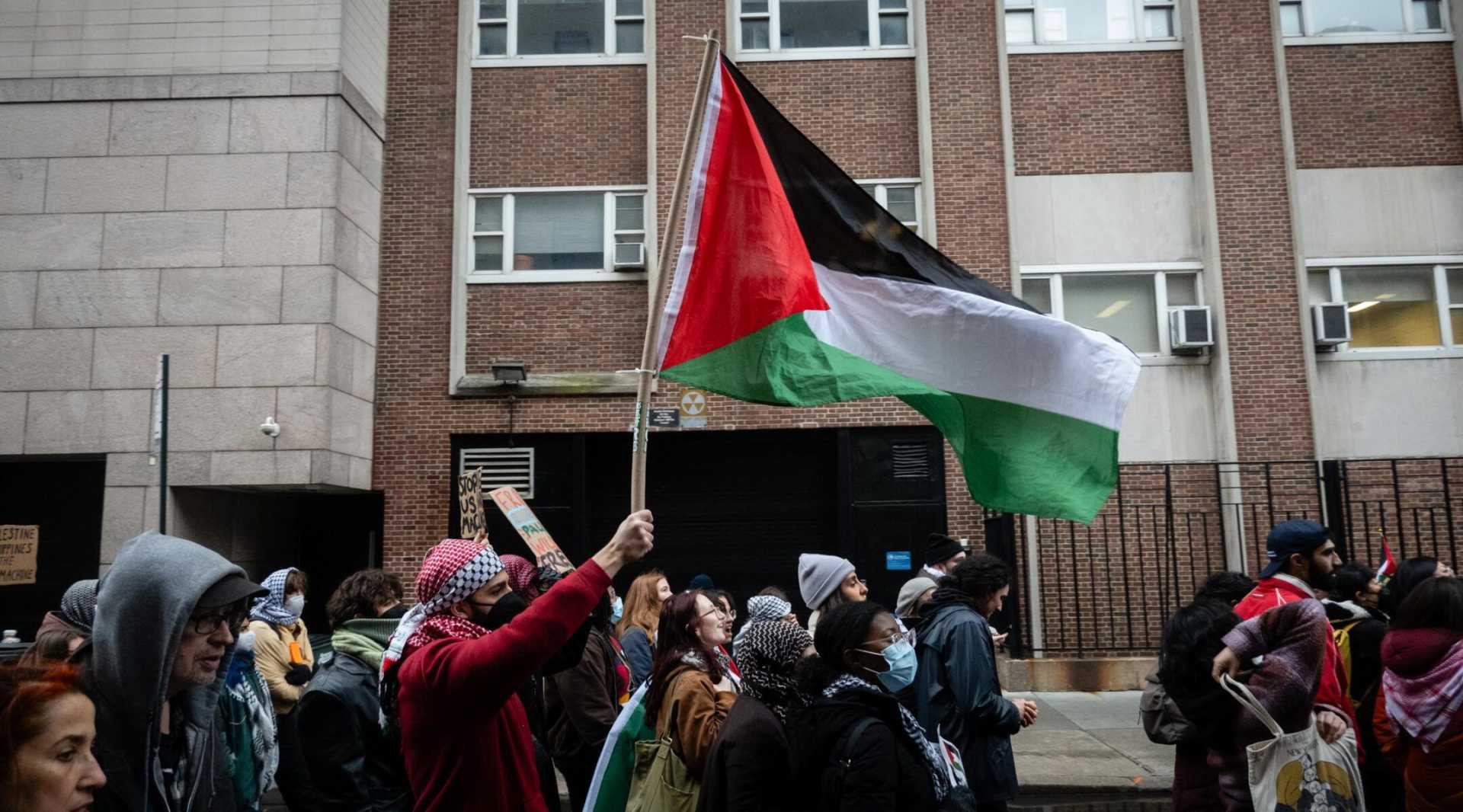News
Columbia University Settles $395,000 Lawsuit Over ‘Skunk Spray’ Incident at Campus Protest

Columbia University has reached a $395,000 settlement with a Jewish student who was suspended after allegedly using a prank “fart spray” during a campus protest in January, according to a report released by the U.S. House Committee on Education and the Workforce.
The incident occurred during a rally organized by Columbia University Apartheid Divest, a coalition of around 100 student groups protesting U.S. support for Israel’s war in Gaza. Initially, protesters reported the incident as a “chemical attack” involving “skunk spray,” which led to an investigation by Columbia University and the NYPD as a potential hate crime. However, it was later determined that the substance was a non-toxic novelty item, specifically a “fart spray” purchased on Amazon.
The two Jewish students involved in the incident were initially given 18-month suspensions, but one of the students filed a lawsuit in April, leading to a reduction in discipline to probation and the $395,000 settlement payout. The settlement also required Columbia University to issue a statement clarifying that the substance was a “non-toxic, legal, novelty item” and not a “biochemical weapon” or “illicit substance”.
The report from the House committee criticized Columbia’s handling of the incident, suggesting that the university allowed a false narrative to persist for months despite knowing the truth. The committee also highlighted similar incidents at other universities, including Northwestern, UCLA, and Harvard, indicating a broader trend of universities struggling to respond to protests and allegations of antisemitism.
Columbia University President Minouche Shafik, who announced her resignation over the summer, had faced significant challenges in managing the campus environment amid ongoing protests related to the Israel-Hamas conflict. The university has since taken steps to clarify policies and ensure campus safety, including creating a single address for discrimination and harassment claims and appointing a new rules administrator).












